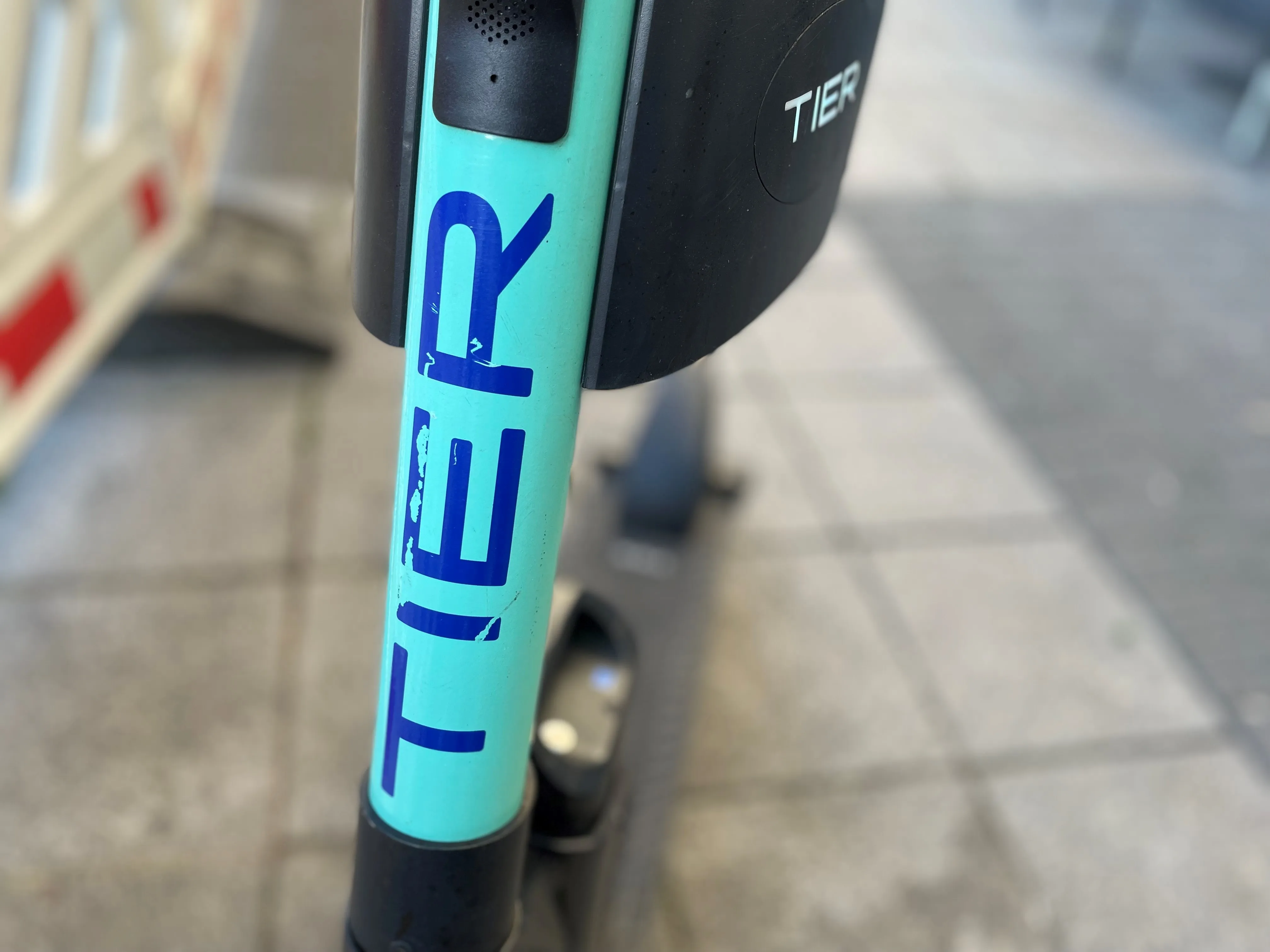
A new analysis of automation, connectivity, electrification and smart mobility (ACES) technologies shows $23 billion is focused on radar and camera technologies for autonomous vehicles (AV).
McKinsey & Company says Vehicle to Infrastructure and Vehicle to Everything communication solutions in the connectivity space attracted approximately $18bn in spending while $21bn in the electrification space went to lithium-ion battery technology.
Companies investing in smart mobility make limited investments in technology, instead channelling funds to build the future customer base, the company adds.
The management consulting firm reviewed the landscape for mobility start-up and investment to help new businesses achieve a sustainable strategy that aligns with the realities of the coronavirus pandemic.
It looked into the amounts invested by and into specific companies and identified the technologies that attracted the most funding related to ACES.
Findings show a continuing relevance of ACES as investors have poured nearly $330bn into more than 2,000 mobility companies since 2010 on these technologies, with more than $80bn of this amount invested since the beginning of 2019.
Around two-thirds of the total investment ($206bn) went to AV technologies and smart mobility while a lower amount (around $123bn) went to connectivity and EVs, suggesting that companies prefer to develop these technologies in-house, rather than “by pursuing inorganic growth”.
During the analysis, McKinsey broke each ACES trend into company clusters. For instance, automation includes clusters for semiconductors and components of advanced driver-assistance systems (ADAS).
The analysis shows that companies have poured the largest sums into the e-hailing cluster over the past decade, with the $83bn invested representing over 80% of all smart-mobility investments.
The next most popular clusters included semiconductors ($51bn) and ADAS components ($36bn). Together, e-hailing, semiconductors, and ADAS components account for over half of all ACES investments.
McKinsey found that some company clusters that had previously attracted relatively little interest have recently gained traction when looking at investments from 2018 onward, compared with the period from 2014 to 2017.
The company insists the most dramatic increases have occurred in companies involved with AV integration (a fourfold increase), AV software (threefold), micromobility (fourfold), and car-sharing (seven- to eightfold).
In smart mobility, investment in e-hailing services has slowed slightly, but increased in shared micromobility and car-sharing.
According to McKinsey, the largest investments are going to asset-free-platform business models, primarily peer to peer car-sharing platforms that connect private car owners with car-sharing users.
Overall, the firm insists the mobility market appears ready to enter a new stage of “operationalisation and commercialisation”.
Despite the global pandemic, McKinsey warns that mobility players can not ignore ACES-related developments if they wish to achieve a competitive edge over the next decade.
ACES technologies will continue to “evolve and disrupt the automotive landscape” even though the current economic landscape has increased financial pressures on mobility players.
McKinsey is urging company leaders to review potential ACES investment themes and identify the most promising ones, since it would be impossible for a single player to pursue all trends.
Additionally, companies must create a plan that supports their selected investment priorities.
It should describe the specific technologies or assets that merit investment and how the company will spend money to achieve the desired capabilities, McKinsey concludes.









